Your body is an amazing machine, full of surprising quirks and cool abilities! From the trillions of cells working together to keep you going to the fun facts hiding in your bones, skin, and organs, there’s more to your body than meets the eye. So, buckle up and get ready to explore the weird, wonderful, and downright fun things about your teeth.
Did you know that your mouth is a fascinating place full of secrets and surprising facts? From the amount of saliva you produce in a lifetime to how your toothbrush might be making you sick, there’s a lot more to your dental health than meets the eye. Let’s explore some fun and eye-opening facts about your teeth, your habits, and your overall oral health!

Recent studies show that almost 60% of people would rather go to a dental appointment than sit next to someone who is talking on their mobile phone.
Some of the factors that contribute to this are social etiquette, awareness, coping mechanisms and boundaries. Some individuals feel that loud phone calls in public are disrespectful and distracting whereas some just have a preference for quiet areas. Some people also prefer a more organized environment such as a dental appointment where they generally know what to expect compared to the uncertainty of a loud public space.
Who knew a trip to the dentist could feel like a peaceful retreat?
Not changing your toothbrush after an illness can lead to re-infection.
When experiencing a common illness or contagious disease, bacteria from your mouth is transferred onto your toothbrush. Using the same toothbrush without disinfecting it after your health improves can lead to reinfection or even extend your illness. It is generally recommended to replace the toothbrush entirely or at least disinfect after an illness. Health professionals also recommend replacing your toothbrush every three to four months, however this is especially important to do after experiencing a cold, flu, cold sore or other contagious diseases.

Dentist Pro Tip
Tip: Dentists recommend changing your toothbrush after illness or at least disinfecting it. You should also replace your toothbrush every three to four months to maintain good hygiene.
The average person produces almost 400,000 litres of saliva in their lifespan. That’s almost half a million litres!
Saliva plays a very important role in our dental health. It contains enzymes that are necessary for breaking down food while consuming food and beverages. It also neutralizes acids that are produced by the bacteria in your mouth which can help to prevent common dental issues such as decay and cavities.

Teeth are similar to fingerprints because they have a unique identity – no two people have the same teeth!
Teeth can tell us a lot about someone as everyone’s teeth are unique and different from the rest. It is similar to a fingerprint, where we can use dental records to identify a specific individual. Teeth can actually indicate what someone’s age is, what their diet is like and even some past periods of stress or health issues.
Studies have shown a correlation between the side of the mouth people chew on and their dominant hand.
Studies have shown that most individuals who are right handed chew on the right side of their mouth, and vice versa for left handed because their dominant side affects more than just the hand, it affects that whole side of the body. Over time, this can cause damage to your teeth as one side is more worn than the other and may require dental treatment.

A common misconception is that chewing gum is bad for your dental health. Although the sugar in regular gum is not the best for your teeth, chewing sugar free gum can actually help to prevent cavities and clean your mouth.
Sugar free chewing gum normally contains xylitol which is a natural sweetener that can help reduce the growth of bacteria in your mouth. It also increases the amount of saliva in the mouth, freshens breath and is recommended by dentists as a much healthier option than the average chewing gum.
There is more bacteria in your mouth than the earth’s total population!
There are more than 700 different types of bacteria in your mouth. Many of these are actually beneficial to your health despite the negative associations with the word bacteria. In total, the average person’s total bacteria count can be between 10 billion to 100 billion which is more than the earth’s total population. Good oral hygiene is extremely important for maintaining a healthy balance of the bacteria within your mouth to prevent excessive bacteria and dental issues.

Dentist Pro Tip
Tip: Dentists recommend To maintain a healthy routine:
- Keep up with good oral hygiene practices to prevent dental issues.
- Brush and floss regularly.
One can of soda normally contains 10-12 teaspoons of sugar while the recommended daily amount is only 4 teaspoons. That is around three times more than the recommended daily amount.
Consuming soda on a daily basis is linked to obesity, diabetes, heart disease as well as cavities and other dental or health problems. Consuming these beverages is generally considered safe, although reducing your daily sugar intake and being mindful of what you put into your body will help with your overall health and avoid some of these common problems.




